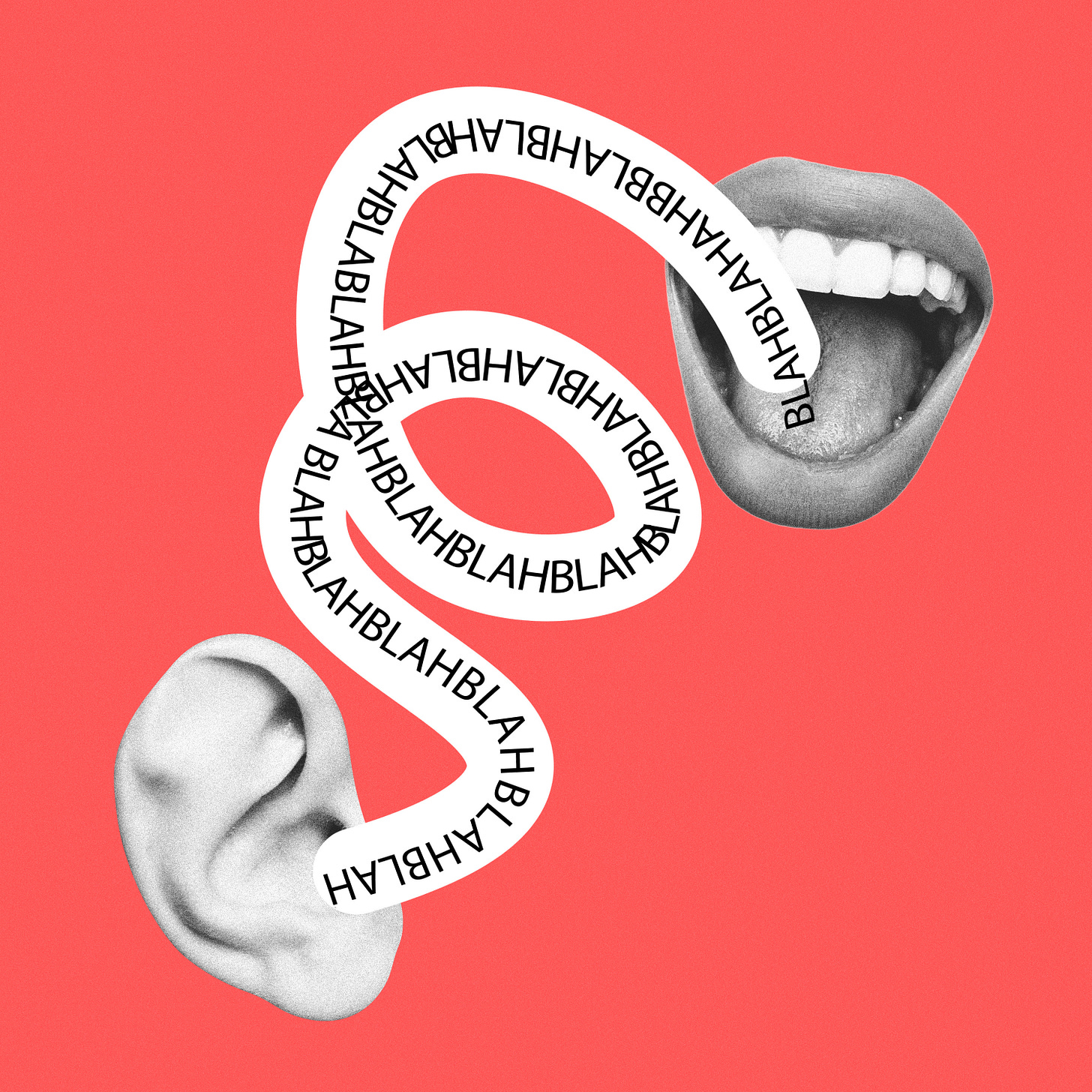What We Talk About When We Talk About Semantic Disputes
In my philosophy and literature course, we were talking about the difference between the Writer and the Author. We were reading David Markson’s This is Not a Novel, and he refers to “Writer” but never to “Author”: “Writer is sick to death of creating characters”: “Writer would like to write something that has no plot. Where nothing happens.” The book is a seemingly random jumble of disconnected facts that may or may not be real facts. We learn that Nietzsche said nasty things about John Stuart Mill; that several famous artists died on the toilet; and that Kierkegaard said that reading critical reviews was like being trampled by geese. There are baseball facts; unattributed quotes; dates; towns.
“It’s just a semantic question,” one student said. “Writer? Author? Doesn’t really matter.”
“An author is published,” another student said. “A writer isn’t necessarily published.”
“That’s a start,” I told the class. Then I told them about Foucault’s essay “What is an Author?” which argues that to be an author is not just to be published, but to be someone to whom a body of work and ideas is attributed. Homer could be an author without writing a word—someone else can write his stories down and preserve them. Some things that were written were attributed to Plato, even though we don’t know whether he wrote them or not. We’re interested in the letters and diaries of authors, but not interested in the letters and diaries that have been written by millions of people over time. The author Elena Ferrante might be a man—it's still a mystery. Authors, Foucault says, are more like functions than like living biological entities. And given our contemporary practices of attribution, criticism, and publishing, authors are entities that are intertwined with the economics of culture.
When we talk about something as a semantic dispute, we are often saying that it’s just a matter of what we call something—that the dispute isn’t real, or it’s trivial. The dispute about the difference between a writer and an author does seem to be a semantic dispute, but not in the sense of being unimportant or trivial, because it highlights the role that social practices, publishing, and capitalism play in how we categorize and understand the terms ‘writer’ and ‘author’.
Perhaps the difference between them isn’t one that God would understand, or one that transcends our present cultural and economic practices—and, my student might say, that means it’s not really a philosophical question. And that, of course, is a deep question about what kinds of questions are philosophical—that questions about things that are just problems because of our way of life aren’t really philosophical questions. Maybe this student would say that philosophical thought doesn’t or shouldn’t have an author—unless that’s God or The Way Things Are. And that, of course, is a deep question about what we think philosophy is or should be.
What’s in a name?
A rose by any other name would still smell as sweet.
Or so a famous author said.
Supposedly.




